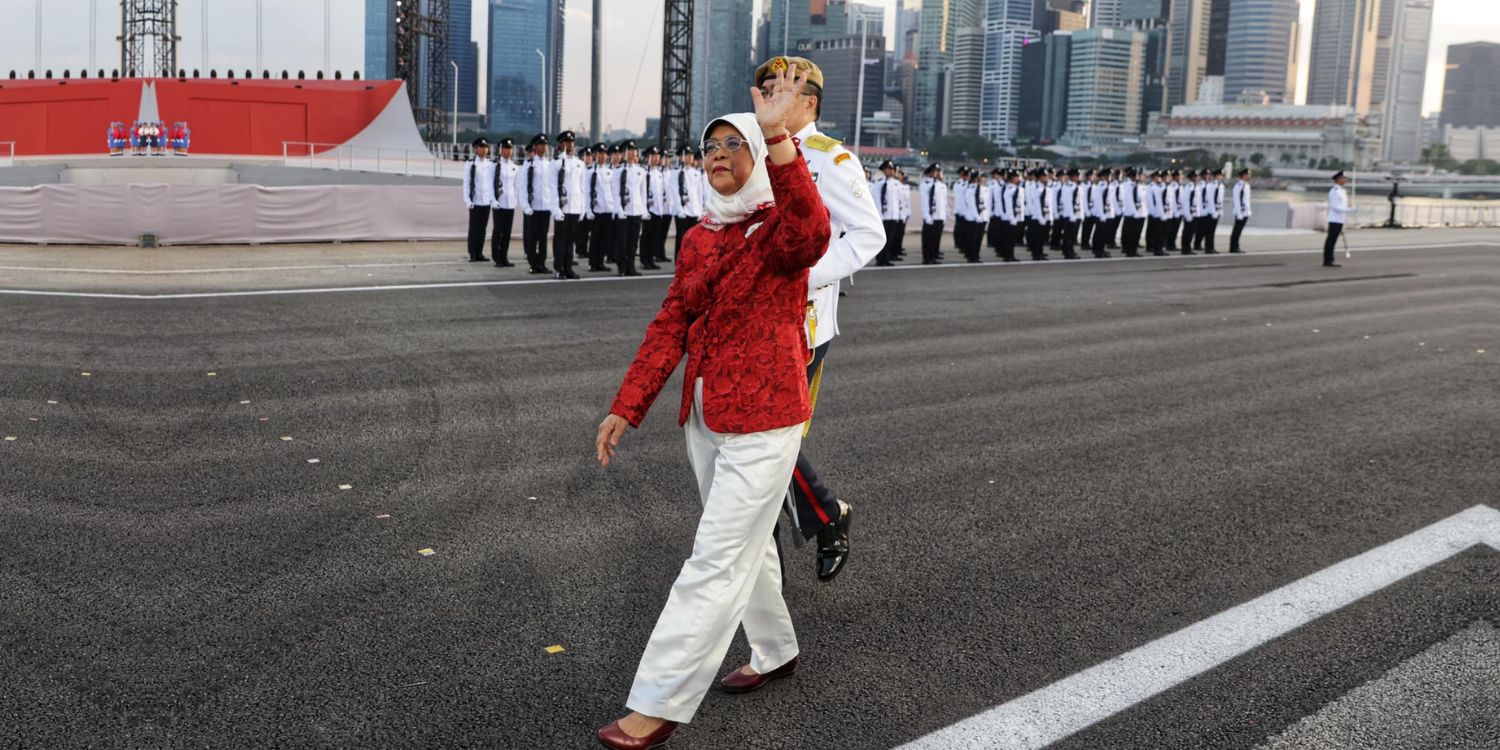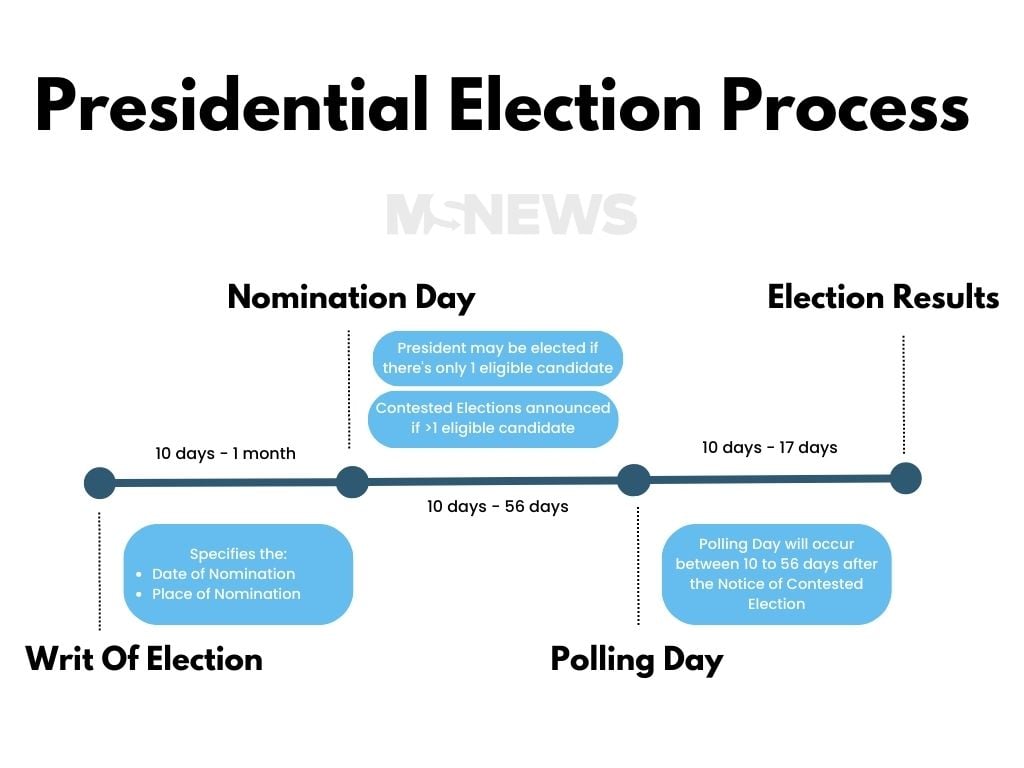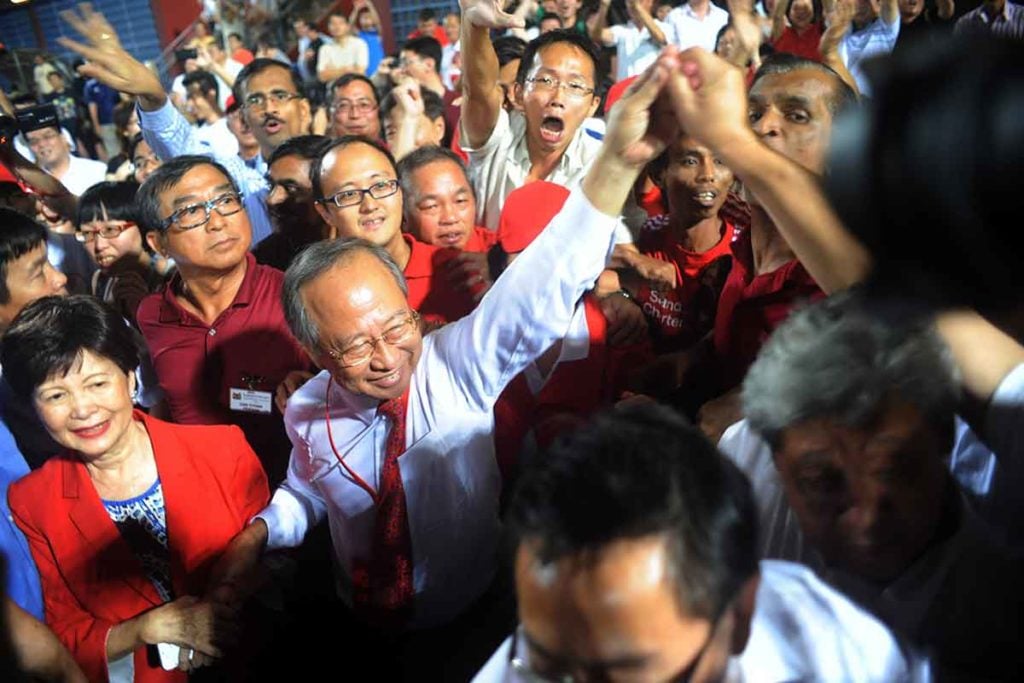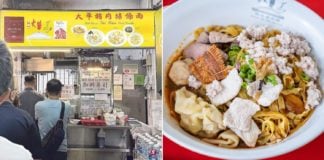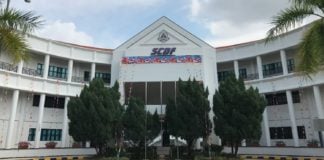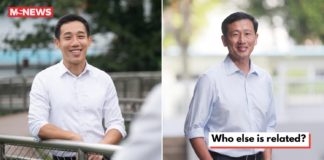This piece is part of MS Explains, a segment where we provide clarity to common or key topics, making them easier to digest.
What Happens During A Presidential Election In Singapore?
On 13 Sep 2023, Singapore’s current president will step down from her post after serving as the nation’s first female president for six years.
While Madam Halimah’s appointment in 2017 was met with much fanfare, Singaporeans didn’t really have a say in her election.
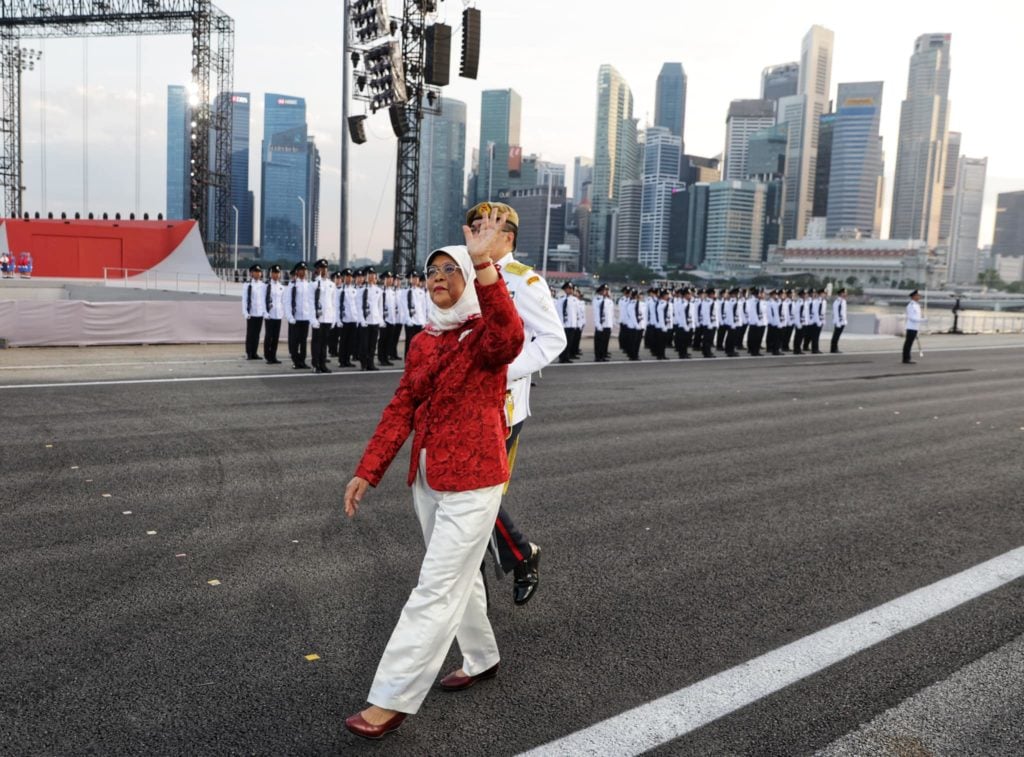
Source: Halimah Yacob on Facebook
At the time, she was the only candidate who passed the eligibility criteria.
In fact, Singaporeans have only had the chance to vote twice in the last five presidential elections.
As such, here’s a refresher of what voters can expect, should there even be enough candidates to vote for.
2023 Presidential Election in Singapore to happen soon
As it stands, since the first presidential election, eligible citizens of Singapore have only voted twice for the nation’s President — the late Mr Ong Teng Cheong in 1993 and Dr Tony Tan in 2011.
The late Mr S.R. Nathan was elected unopposed twice, in 1999 and again in 2005. Like Madam Halimah, there were no other eligible candidates.
Perhaps this year, Singaporeans will have a chance to go to the polls.
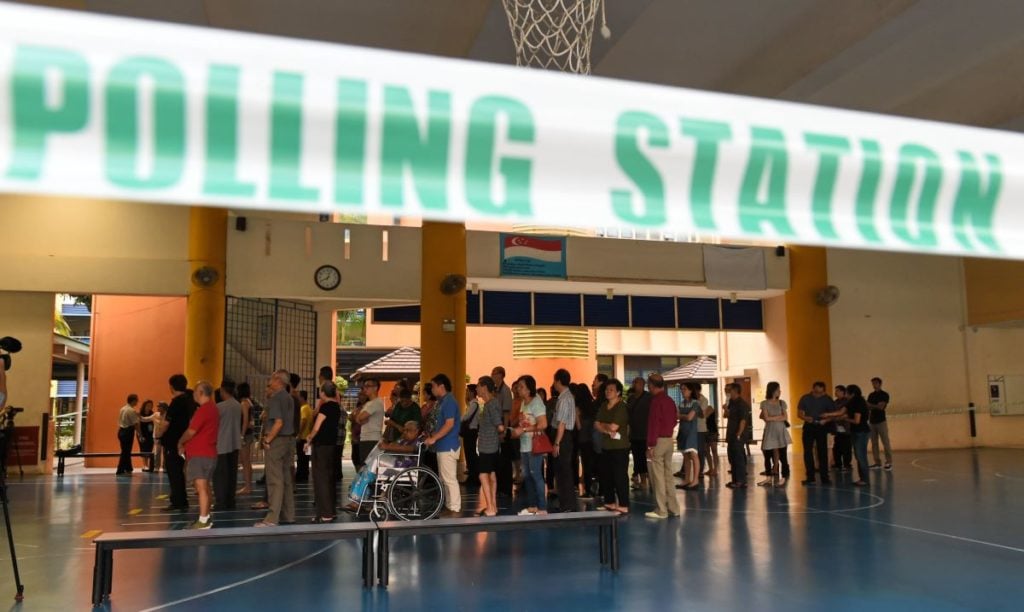
Source: CNBC
Following the Constitution of the Republic of Singapore, the election has to occur at least three months before the incumbent leaves office.
As President Halimah is due to step down in September, Prime Minister Lee Hsien Loong will likely issue a Writ of Election soon.
Things will happen pretty quickly after that. Here’s a timeline for those who may need a clearer idea of what to expect:
According to the Elections Department (ELD), the Writ specifies to the Returning Officer the date and place of nomination for the presidential candidates.
The Returning Officer will then declare a Notice of Election stipulating the date, time, and place for nomination.
Ideally, Nomination Day should occur between 10 days to a month from the issuance of the Writ.
On Nomination Day, Singaporeans will find out whether or not they’ll be required to vote.
Contested Elections possible but not a given
Should there be multiple eligible candidates, the Returning Officer will issue a Notice of Contested Election.
This notice will include the following information:
- date of the poll
- names of the candidates, their symbols, proposers and seconders
- names and locations of all polling stations
Meanwhile, candidates can start campaigning after the notice has been issued.
They will have between 10 to 56 days to rally support for their campaigns.
Ahead of Polling Day, Singaporeans eligible to vote will receive their poll card via post, two to three days after Nomination Day. Those who don’t receive their cards within that time may view or print their ePoll card online, via ELD’s Voter Services, after Nomination Day.
They simply have to sign in using Singpass to access the electronic card. Voters who struggle to do so may alternatively seek assistance at the ELD to print their poll card.
On Polling Day, voters in Singapore can head to their polling stations anytime between 8am and 8pm.
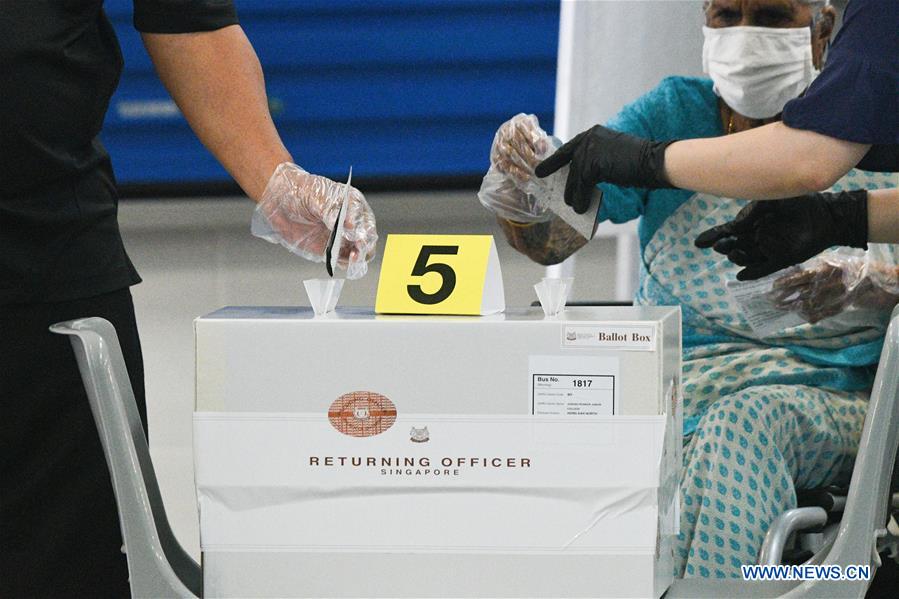
Source: Xinhua/Then Chih Wey
For those overseas, their ballot boxes will be sent back to Singapore for counting.
After 10 to 17 days of vote counting, the final results will be published in the Singapore Government Gazette.
Of course, in a situation where there’s only one eligible candidate, the process will end on Nomination Day — with no voting required.
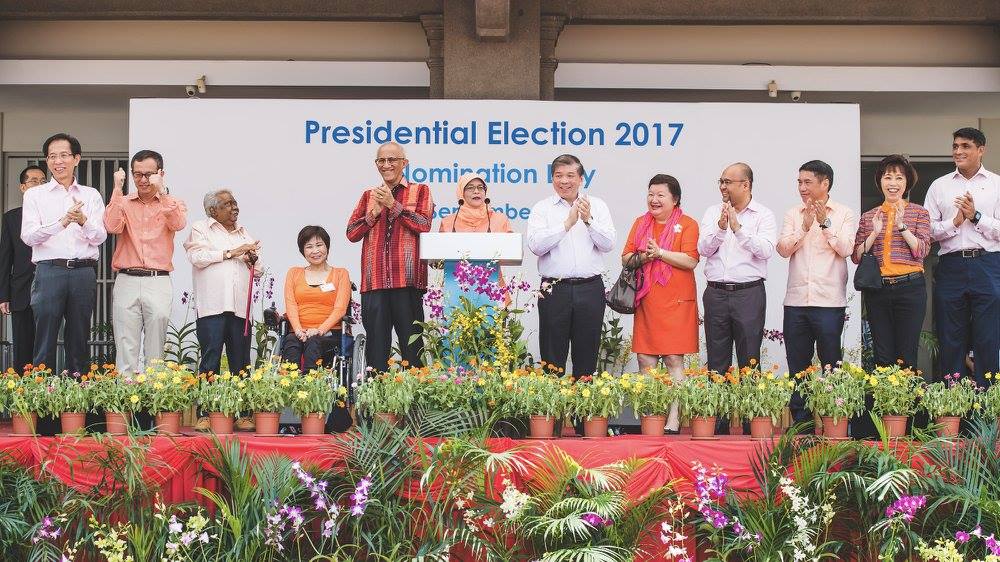
Source: Halimah Yacob on Facebook
First-time voters who may have questions about the voting process may check out ELD’s FAQs here.
Strict eligibility criteria for presidential election
In 2017, The Straits Times (ST) reported that Madam Halimah Yacob was the only candidate given a certificate of eligibility.
Her competitors and presidential hopefuls, Mr Farid Khan and Mr Salleh Marican, had backgrounds in the private sector.
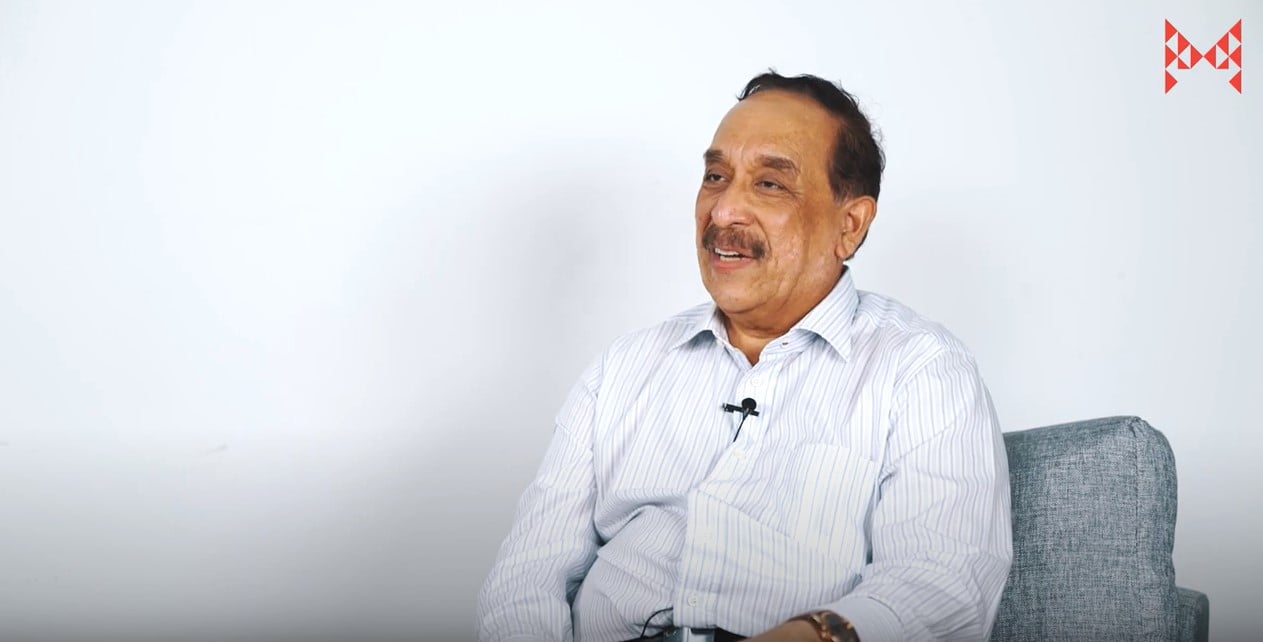
Mr Farid Khan
Source: MustShareNews on YouTube
However, neither man was in charge of a company with S$500 million in shareholder equity in the last three years.
The previous presidential candidates have all been screened for their achievements, having passed the strict criteria.
For example, Article 19 of Singapore’s Constitution lays out the requirements for candidates who don’t necessarily have a background in politics.
Candidates who don’t have a political background must have a stellar record in the public sector as a Chief Executive Officer (CEO) for at least three years.
Additionally, the company has to have been profitable for the entire duration under their leadership.
The ELD lists seven other qualifying criteria on its website.
However, 2017 wasn’t the first time that a presidential election ended in a walkover.
In 1999, the late Mr S.R. Nathan was elected uncontested due to a lack of eligible candidates.
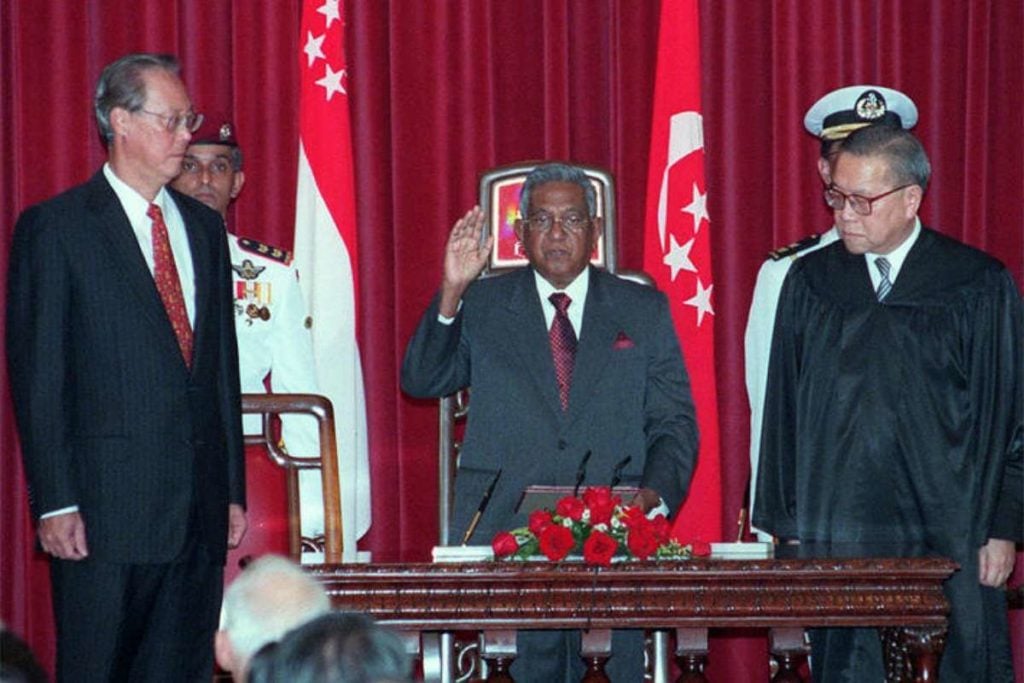
Source: Five Stars And a Moon
History repeated itself six years later when no other candidate was deemed worthy of the post.
Mr S.R. Nathan then served yet another six-year term as Singapore’s President until 2011.
Last presidential election that called for votes was in 2011
Before President Halimah’s uncontested appointment, Singaporeans witnessed the most exciting presidential election yet in 2011.
That year, there were four successful candidates who met the strict eligibility criteria.
The election saw Dr Tony Tan narrowly beat Dr Tan Cheng Bok by 0.35% of the total votes.
In their bid to win over the Singapore public, the candidates each campaigned for votes with no room to rest on their laurels.
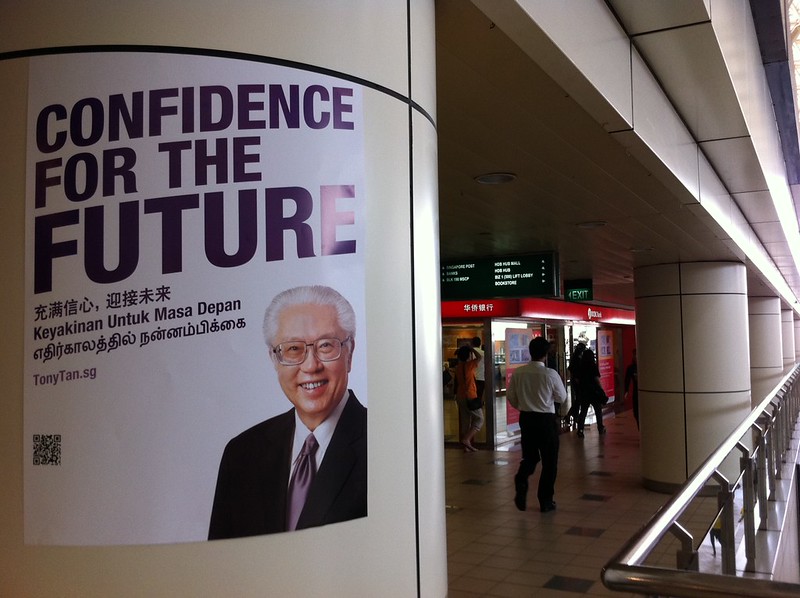
Source: TODAY on Flickr, photography by SION TOUHIG
Amidst nationwide walkabouts and rallies, the candidates campaigned to win the hearts and minds of the Singapore electorate.
While Dr Tony Tan’s campaign slogan read “Confidence For The Future”, his rival’s was “Think Singaporeans First”.
On 25 Aug 2011, Dr Tan Cheng Bock spoke to a crowd of supporters at his rally speech at Singapore Expo.
In his rousing speech, he pointed out the difference in the scale of the General Election and Presidential Elections.
As a young politician under the People’s Action Party (PAP), he only had to meet one constituency’s worth of people.
However, as a presidential hopeful, he now had to make his way all around the nation-state.
Constitution amended in 1991 for Elected Presidency
In Singapore’s recent history, Singaporeans only had to vote twice in presidential elections — once in 1993 and another in 2011.
Until 1991, the parliament elected Singapore’s President with Dr Wee Kim Wee being the last president under the old system.
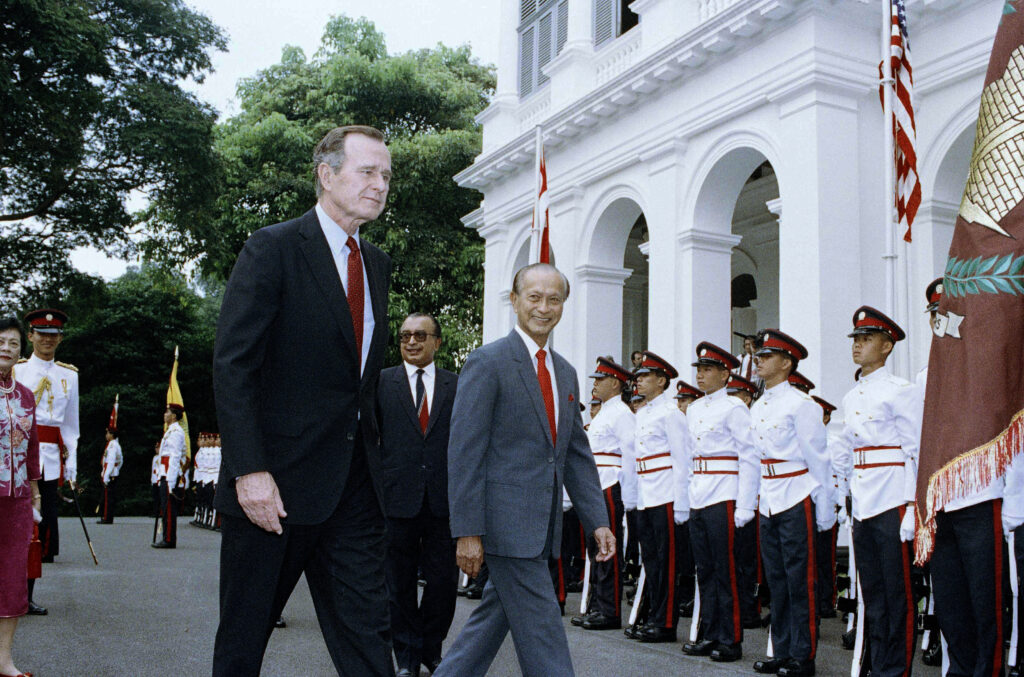
Source: U.S. Embassy In Singapore
The Singapore Parliament amended the Constitution to establish an Elected Presidency in January that year.
Along with the new form of elections, the President now had enhanced powers — from a ceremonial role to an authority with veto power.
As such, the President of Singapore can object to key civil service appointments and the use of Government reserves.
These powers still remain the same today, where the President can check the administration’s use of the Internal Security Act and Maintenance of Religious Harmony Act, and look into investigations of corruption.
On 29 Aug 1993, Singaporeans voted for Mr Ong Teng Cheong as the first Elected President of Singapore.
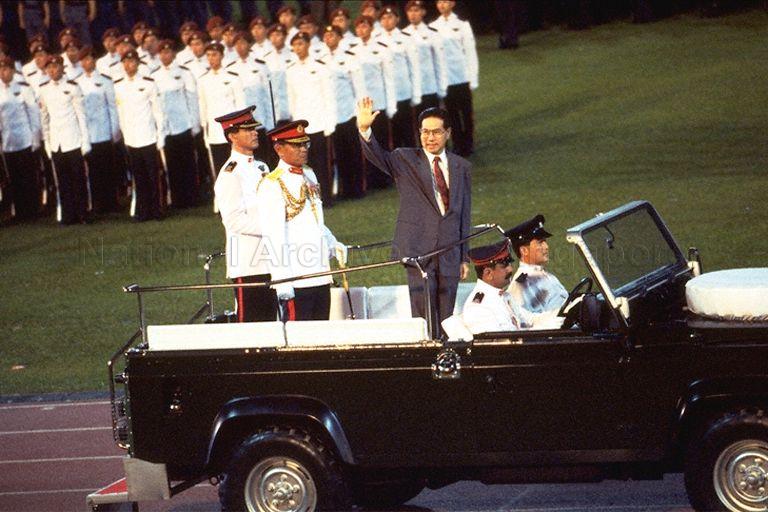
Source: National Archives Online
Mr Ong won the presidential election with 58.7% of valid votes against Mr Chua Kim Yeow.
Singapore can expect a new leader but presidential election uncertain
It’s hard to say if Singaporeans can go to the polls again this year.
With little news about who’s next in line, all we can do is wait.
However, as it’s not a reserved election this year, perhaps it won’t be far-fetched to anticipate an exciting line-up.
After all, it’s more meaningful when the citizens get a say in who they want to represent the nation.
Featured image adapted from Halimah Yacob on Facebook, courtesy of Fyrol for MCI.

Drop us your email so you won't miss the latest news.
